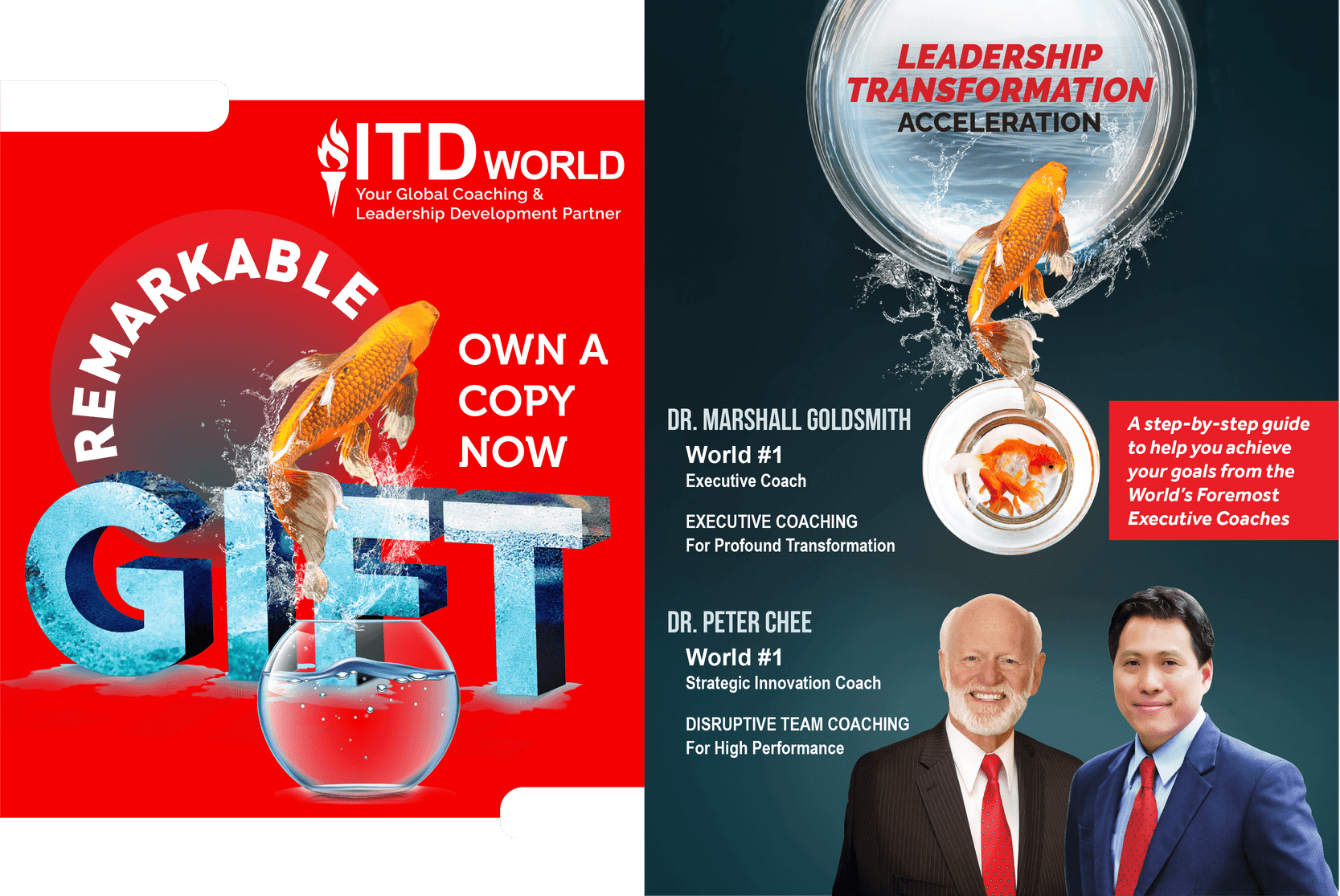

People often ask how they can change their life habits so they can be grow exponentially and be successful in life and work. After years of research and putting thought into action, we have devised a powerful and proven process using the 7P’s Habit Change process.
We want to make this process easy to learn and easier to apply for you. To that end, let us share with you the experience of one of our clients, Benedict, an executive in an international logistics company based in Bangkok, as we guide you along in applying the 7P’s in your life.


7Ps Habit Change Process

To begin the transformation process, we must begin with the question “WHY”. This helps to focus the intention in wanting to change your life. The “WHY” provides the end-in-mind and develops a well-formed outcome you want for your life and career. Remember, the purpose is the BIG PICTURE, this is your Vision of what dreams you want to realise and bring into reality to achieve your goals.
Returning to Benedict, he was is very driven to achieve success. His need to be successful in the company pushed him to rise on the corporate ladder. However, he lost out in a recent promotion exercise and was extremely frustrated as to what happened, despite overachieving on the target. Confronting his director, he was shocked when he was told many on his team have requested to be transferred to other teams or departments as they were tired of his micromanagement.
Speaking to his mentor after, Benedict was made aware that being a successful team leader was not only about success, but to also develop and motivated team members too. He decided to change his management style by mentoring his team members for at least 30 minutes a day as he did not want to miss out on another promotion again.

PASSION is an intense enthusiasm for doing something. This is the feeling which we get from engaging in activities we enjoy. The net positive from doing things which we are passionate about is we get better at doing the things we enjoy. This is a key component in driving changes of habits accumulated over a lifetime.
Now Benedict found it difficult to make a change to his management method. After speaking to his mentor, he leveraged on his passion for a good cup of coffee by having the mentoring sessions at cafes. He looked forward to having a stimulating conversation with his team amid the smell of freshly-brewed coffees and delicious pastries.

PAIN is a double-edged sword, we usually want to avoid painful situations but pain can also push us to excel and realize our full potential when we overcome painful experiences.
In Benedict’s case, he hated the feeling of not getting the promotion he wanted due to the loss of talent in his team to other teams. He used this as fuel to remind himself of why he was doing what he was doing so he can continue to grow in the organization.

It is said that those who want to fly fast have to fly alone; those who want to fly far have to fly in a team. The principle of teamwork is also relevant in the quest to change your habits. You could do well with help from those around you to break bad habits and create good ones for lifelong success.
Who are these people? They are your family, your spouse and children, your coaches, your mentors, your accountability partners and your team members. Stay close to them and they will make your journey to change your habits lighter to bear and easier to fulfill.
For Benedict, he tapped on his peer, a manager from another department, to keep him accountable for changing his habits. He also noted that his peer enjoyed trusting and safe relationships with her colleagues which resulted in her team possessing many strong and loyal talents. Having someone to be accountable to, as well as an example to emulate, greatly encouraged him to stay the course.

Changing habits learned throughout life is not easy but having a process to help make such actions more automatic which lightens the effort.
This is where technology can play a vital role in creating good habits. Smart usage of the smartphone and other electronic devices and gadgets can help in setting alarms and keeping track of progress. The key is to use the tool you are most comfortable with and one which you use daily. The process itself therefore can even elicit triggers in your quest for changing for the better.
Benedict used his smartphone to set reminders so he can prepare for his mentoring sessions. He also fixed weekly reviews, with reminders, with his peer so he won’t miss out on the meetings.

Bear in mind that change does not happen overnight. Persistence is the key in the journey to change your habits for the better. You will become better as time goes on.
It took him a while to get used to spending 30 minutes a day mentoring people but his determination not to miss another promotion saw him through. Today, Benedict is known in his company as a manager who is easily approachable and a mentoring leader who is willing to share his knowledge and experience with anyone who asks.
Benedict’s case is just one of many of our successes in helping people achieve their dreams in life. We are truly happy for his transformation where our 7Ps has helped him greatly. We strongly believe that you can experience exponential growth in work and life when you continuously focus on doing the right things.
GROW YOURSELF

Change your life for the better by answering the questions below. We recommend you copy the questions to a separate document and save your answers for future reference. Discuss the answers with your accountability partner (link to ap pillar page) so you can encourage each other on this transformational process:
Your answers to the above questions helps you to identify your action steps to use the 7P’s Habit Change Tool. Benedict’s example is included in the copy for your reference as follows.



